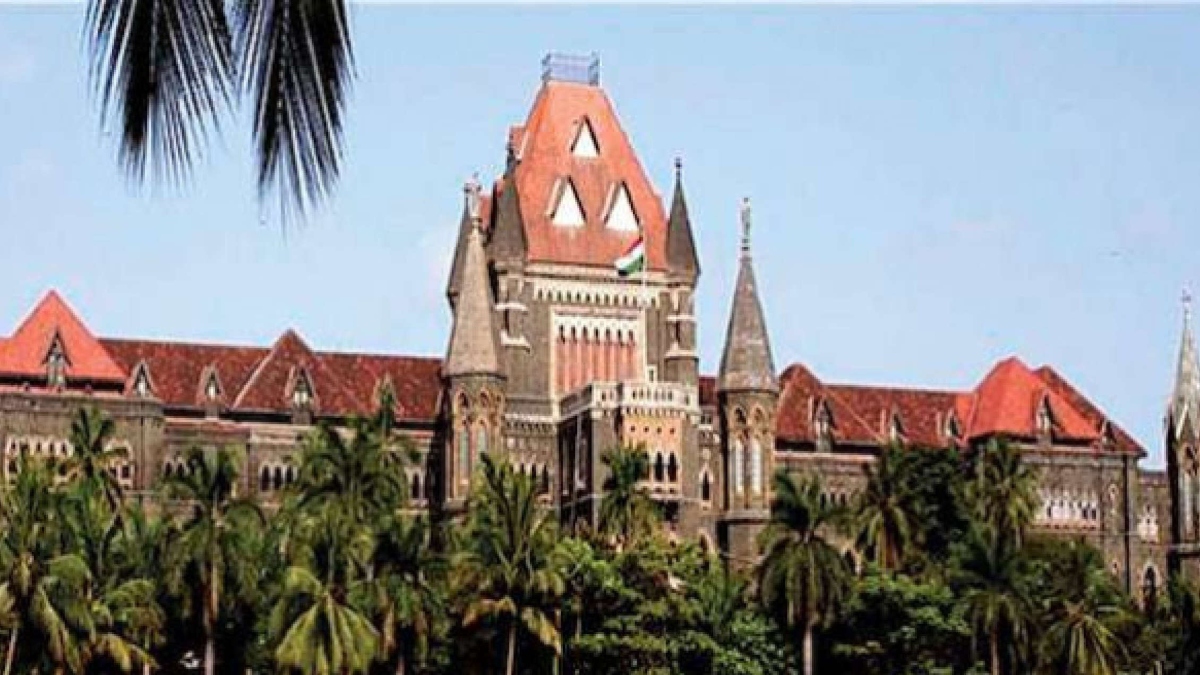


The Bombay High Court in the case Meenanath Fatarpekar v. MicroStrategy India Pvt. Ltd. Commercial Arbitration observed and has held that Section 29A of the A&C Act that provides a timeline of 12 months for passing an arbitral award would not apply to arbitration that has been commenced before the 2015 Amendment to the Act.
The bench comprising of Justice G.S. Kulkarni observed and has held that the provisions of Section 29A of the A&C Act, which was incorporated into the principal act via the 2015 Amendment Act, would not apply to an arbitration proceeding commenced on 3rd Feb 2015 as in terms of Section 26 of the 2015 Amendment Act, on 23rd October 2015, the amendment came in to force.
Facts of the Case:
It was observed that the parties entered into an Employment Agreement dated 24.05.2012, whereby the petitioner was appointed as the ‘Sales Director’. The petitioner intended to resign on 31.10.2014, after serving in that capacity for more than 2 years. Therefore, on the same date it was served with a notice of termination of services.
Aggrieving by the termination on its service, the petitioner invoked the arbitration notice and an arbitrator was appointed to adjudicate the dispute between the parties.
The statement of claim is being filled by the petitioner before the arbitrator and claimed compensation on various counts. Its statement of defence was filled by the respondent and the parties led evidence in support of their respective claims. Accordingly, the arbitrator framed 12 issues.
It was observed by the petitioner that the termination of the petitioner was based on a global reorganization strategy by that the post/position which the petitioner held was terminated and the respondent did not hire anyone else as well. Further, the arbitrator was of the view that it was not appropriate for the arbitral tribunal to sit in judgment over the commercial wisdom of the reorganization of the respondent’s business.
The petitioner filed the challenge petition, while aggrieved by the award.
The grounds of challenge before the court:
On the following grounds, the petitioner challenged the arbitral award.
It was stated that the arbitral award was contrary to fundamental policy of Indian law.
Further, the arbitral award is passed after a period of 14 months from the date of the final hearing, however, the provisions of Section 29A are violated and the award is liable to be set aside.
The said arbitral award is contrary to the provisions of Income Tax Act, Bombay Shops and Establishment Act and, Payment of Wages Act.
It was stated that the arbitrator erred in not appreciating the fact that the termination of the petitioner was illegal, therefore, the findings of the arbitrator are perverse.
Court Analysis:
It was held by the court in terms of Section 21 of the A&C Act the arbitration between the parties commenced on 3rd February 2015 when the notice of arbitration was issued by the petitioner, Moreover, Section 29A of the A&C Act which was incorporated by the 2015 Amendment Act would only apply to arbitration proceedings that commenced on or after 23rd October 2015, therefore, the petitioner cannot rely on the provisions of this section to challenge the award.
Further, the court observed that petitioner cannot place reliance on provisions of Income Tax Act, Bombay Shops and Establishment Act and Payment of Wages Act as no such plea was taken by the petitioner in its statement of claim before the arbitrator.
Accordingly, the petition was rejected by the court.